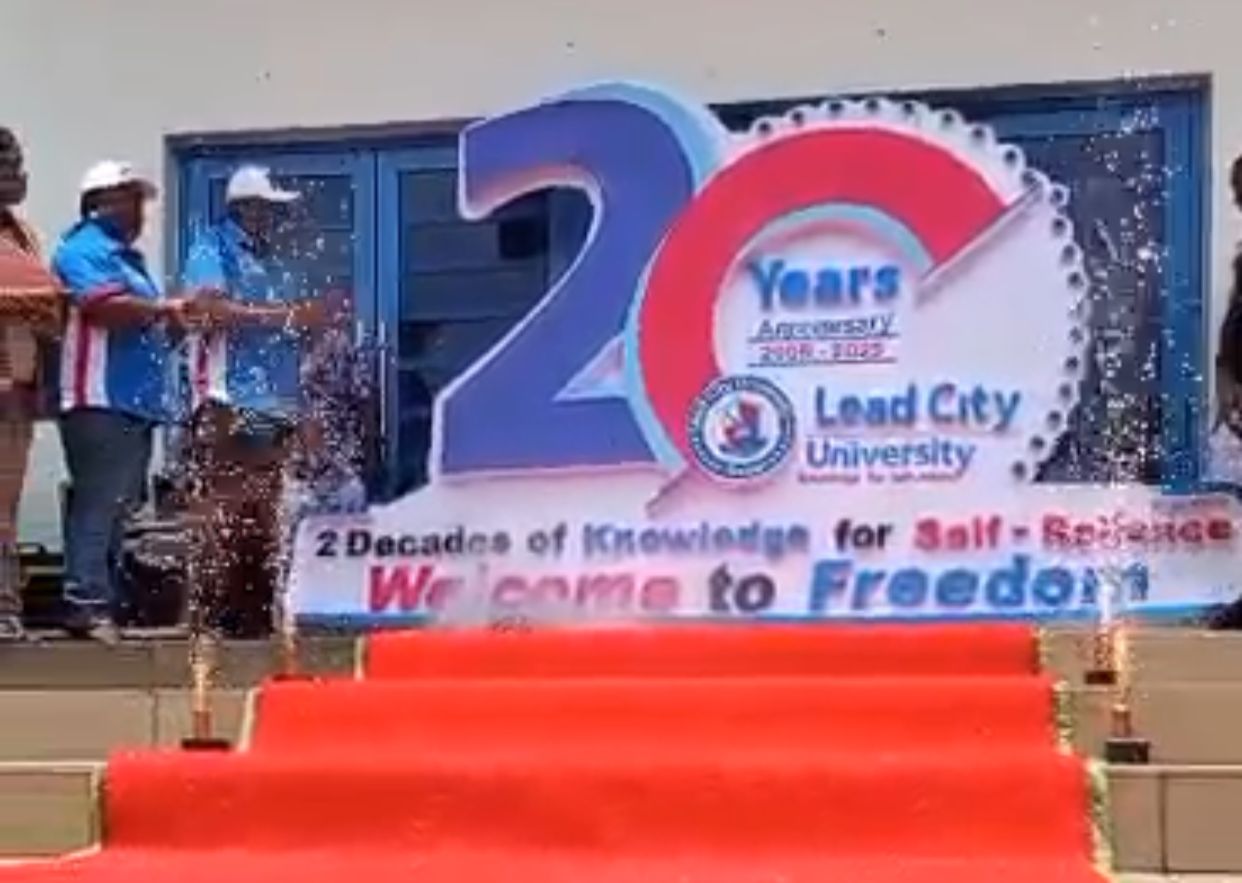Toyin Falola
When Lead City University took off twenty years ago, few could have foreseen the heights it would later attain. From entering its application to the National Universities Commission in 2002 to securing preemptive approval in 2003 and finally the ratification by the Federal Government in 2005, the university has indeed come a long way. Still, its path to educational status was not unburdened by a need to recalibrate its identity, evidenced by the change from its original name, City University, Ibadan, to what it is now known as. That has since been accompanied by growth in leaps and bounds, ranging from its spatial expansion to the number of persons of sound minds it has produced. In its sixteen sessions, nine sets of students have completed their academic programs under the auspices of the university.
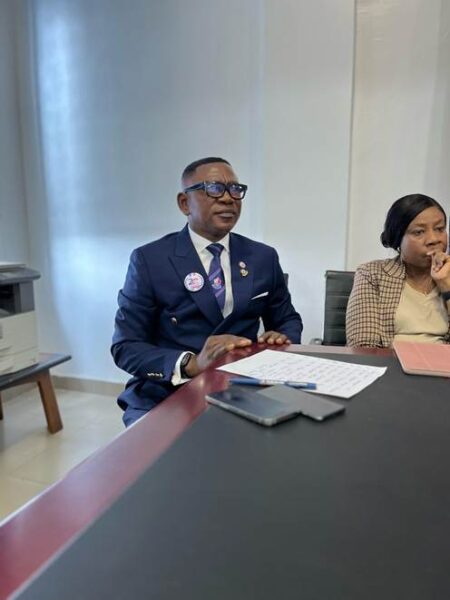
The citadel of learning now claims the proud identification with some of Nigeria’s prominent, young, and trailblazing characters. This accomplishment in two short decades derives from the motto, “knowledge for self-reliance.” Three words with strident meanings. The choice of such pithiness symbolizes the intention of the university’s founders to depart from the stereotype of academics being a mere exercise in theory. It relays that the most preferable form of knowledge readily applies in real life and contributes to the individual’s self-development. Importantly, this bears critical, far-reaching reflections on discourses on the intersection between academia and the average constituents of routine, everyday life.
With knowledge lacking in utility, it is difficult to perceive how the persona with years-long training within the walls of academia would deliver value commensurate with that supposedly demanding training. This is as social as personal, probably more the latter in an age of restless modernization. For one, it takes an acute understanding of new work models to define opportunities independent of the labor market’s whims. These carry a special appearance in the African or Nigerian context. Self-reliant mindsets propel young people to identify gaps in social service delivery — in education, health, finance, and logistics, among many others.
It is also the core principle behind innovating onshore products and services previously conceded to importation from elsewhere. On the political scene, self-reliance could be translated into a sense of self-assuredness in problematizing the prevalence of undemocratic conduct. A one-time law student at Lead City, Debo Adedayo, popularly known as Mr. Macaroni, symbolizes this resistance to flawed political institutions—his role during the #EndSars protests and constructive criticism against the establishment since are well documented. In terms of its principles, therefore, Lead City is set out on the right foot.
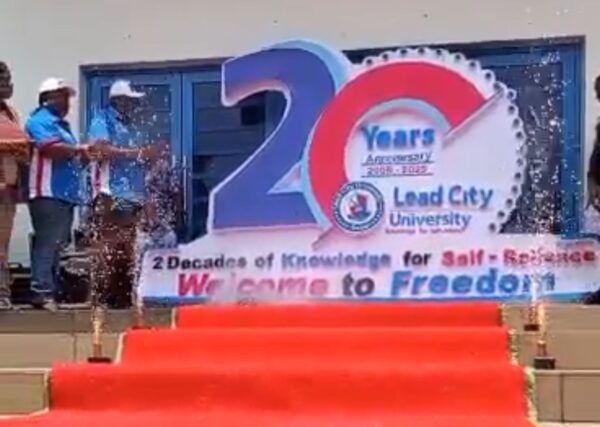
Still, principles are words if deprived of conducive environments to manifest them. Without a thorough checklist of quality educational hardware and standards, the goal of developing rounded scholars capable of coping in the 21st century would be vain. To this end, Lead City has invested in walking the talk by establishing a top-tier academic environment with qualified educators. It defies the norm by adopting a flexible approach to its relationship with the studentship, which guarantees breathing room independent of the programmatic conservatism common to many Nigerian institutions and society.
The implication is that there is ample room for self-expression, exploration, and an accessible trove of creativity. The relatively liberal posture of the school blends with the demands of our deeply interconnected world. Indeed, as much as we might try to cling to “corner of the world” ideals as scholars socialize within isolated norms of our sociocultural spaces, attention must be paid to competition. There will be profound difficulties if all that is taught is what is convenient and the avenues for social expression are designed narrowly. I do not imply the inculcation of freewheeling values here. I mean that education of the current age must be refined to adapt. It must co-opt the latest and repackage it in a sufficiently elastic fusion of local narratives and global needs. Invariably, learners are groomed to be leadership-ready in such an atmosphere of open-minded savviness.
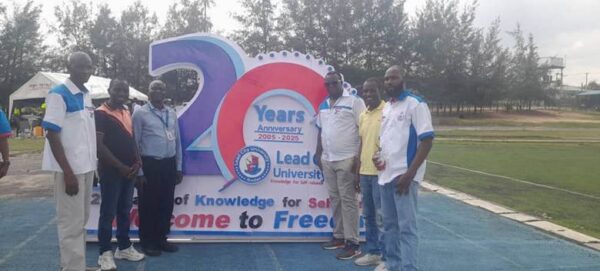
This is integral to the instructional culture at Lead City. Aside from this, adopting technology to provide various services to students beats the norm in many mainstream universities in the country. Students must jump through hoops in many other universities to obtain the most essential qualities. Sadly, this feature has been confused with excellence in the country today. Specifically, only those who succeed despite the pointless challenges deserve praise. However, the crucial argument omitted in this line of reasoning is whether these barriers to academic growth were not essentially attritive. In other words, we will never be aware of the hordes of trailblazers that would have emerged with all the stars and stripes they genuinely deserve by so being due to the suffocation in learning institutions.
Modeling itself along the lines of education unfiltered by needless trouble advances Lead City. In truth, the more optimal the environment, the better the chances of academic success. Learning at Lead City uses various methods, including technology and practical experience. It also promotes skill development in technical but modern areas of expertise in science and technology. The effect has been that its nearly 9,000 students graduate as constituents of cyberspace, significantly ready to take on complex challenges.
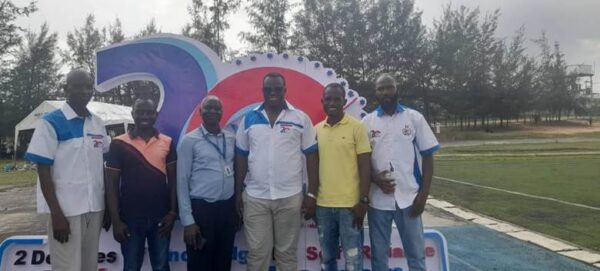
If the university has spent its first twenty years of life strengthening its investment in the principles and practice of education in the 21st century, its stature in the next two decades would be wondrous to behold.
